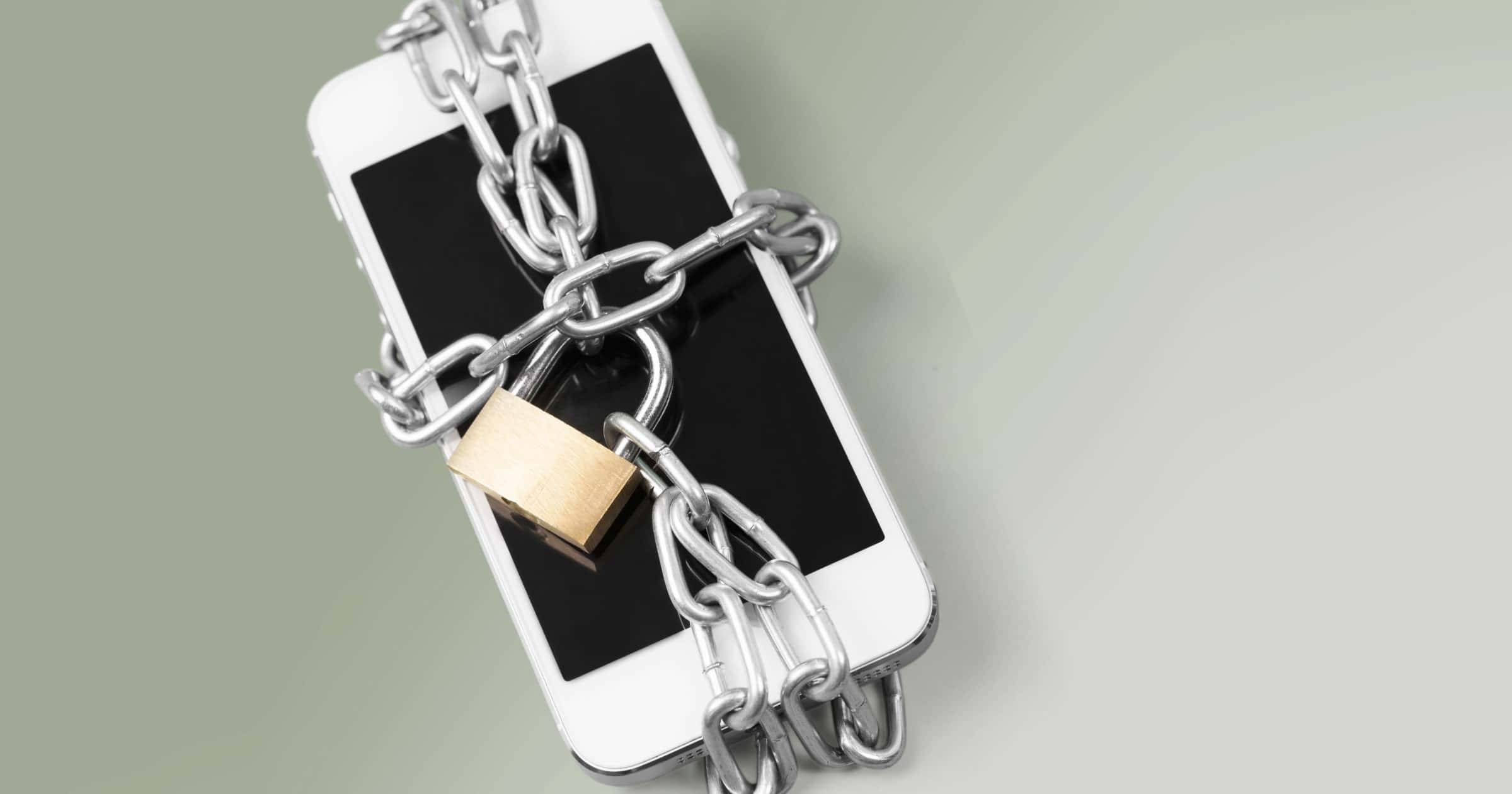Recode is working on a series that examines Big Tech and antitrust. Sara Morrison covers Apple in the first installment, asking “How much control should Apple have over your iPhone?” One paragraph in particular grabbed my attention:
In her book Monopolies Suck, antitrust expert Sally Hubbard described Apple as a “warm and fuzzy monopolist” when compared to Facebook, Google, and Amazon, the other three companies in the so-called Big Four that have been accused of being too big. It doesn’t quite have the negative public perception that its three peers have, and the effects of its exclusive control over mobile apps on its consumers aren’t as obvious.
Check It Out: Does Apple Have Too Much Control Over Your iPhone?

There’s a problem with all these people who claim that Apple is a monopolist. When you ask them which products or markets does Apple exactly have a monopoly (or dominant share) in, there’s a lot of hemming and hawing. Google dominates search, Facebook dominates social media, Amazon, you can argue, dominates online retail. They can argue that Apple dominates smart watches, but that’s not what the complaints are about. It’s the iPhone that they point to which only stupid people will believe is a monopoly or even a market dominant firm.
They’re claiming that the Apple App Store is a monopoly in that it monopolizes the market called ‘retail distribution of iPhone apps’. Not the market for iPhone apps, mind you, but the retail sale thereof. But they haven’t credibly addressed beyond hand-waving very valid counterclaims that exclusive distribution and vetting of apps by Apple is necessary for the privacy and security that iPhone customers value most about the iPhone. This is a new debate that arose only with smart phones because security and privacy issues did not exist for older markets such as say, auto accessories and spare parts. (Hence BMW could not legally restrict where BME car owners bought accessories they installed on their BMWs.)
This is not to say that Apple is automatically completely innocent, claims that the Apple App Store favors their own apps over competing apps must be looked into. Legislation eventually is needed to balance competition against privacy and security in smart phones and other products that are repositories of a lot of private information. But arguments that begin with the claim that Apple is monopolizing the market for Apple-branded products are preposterous and deserve to be thrown out at the get go.